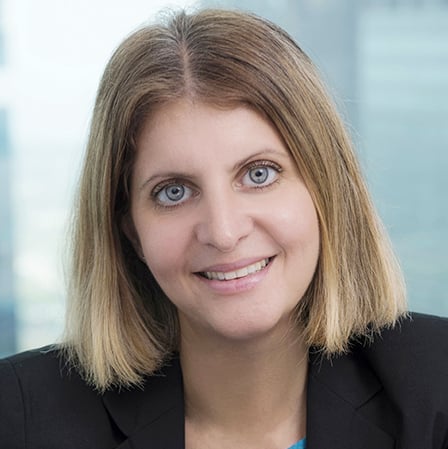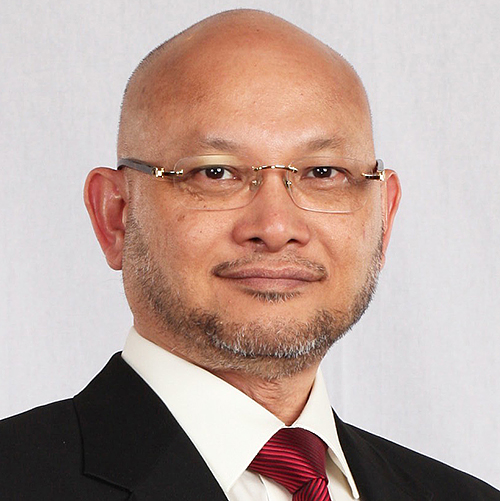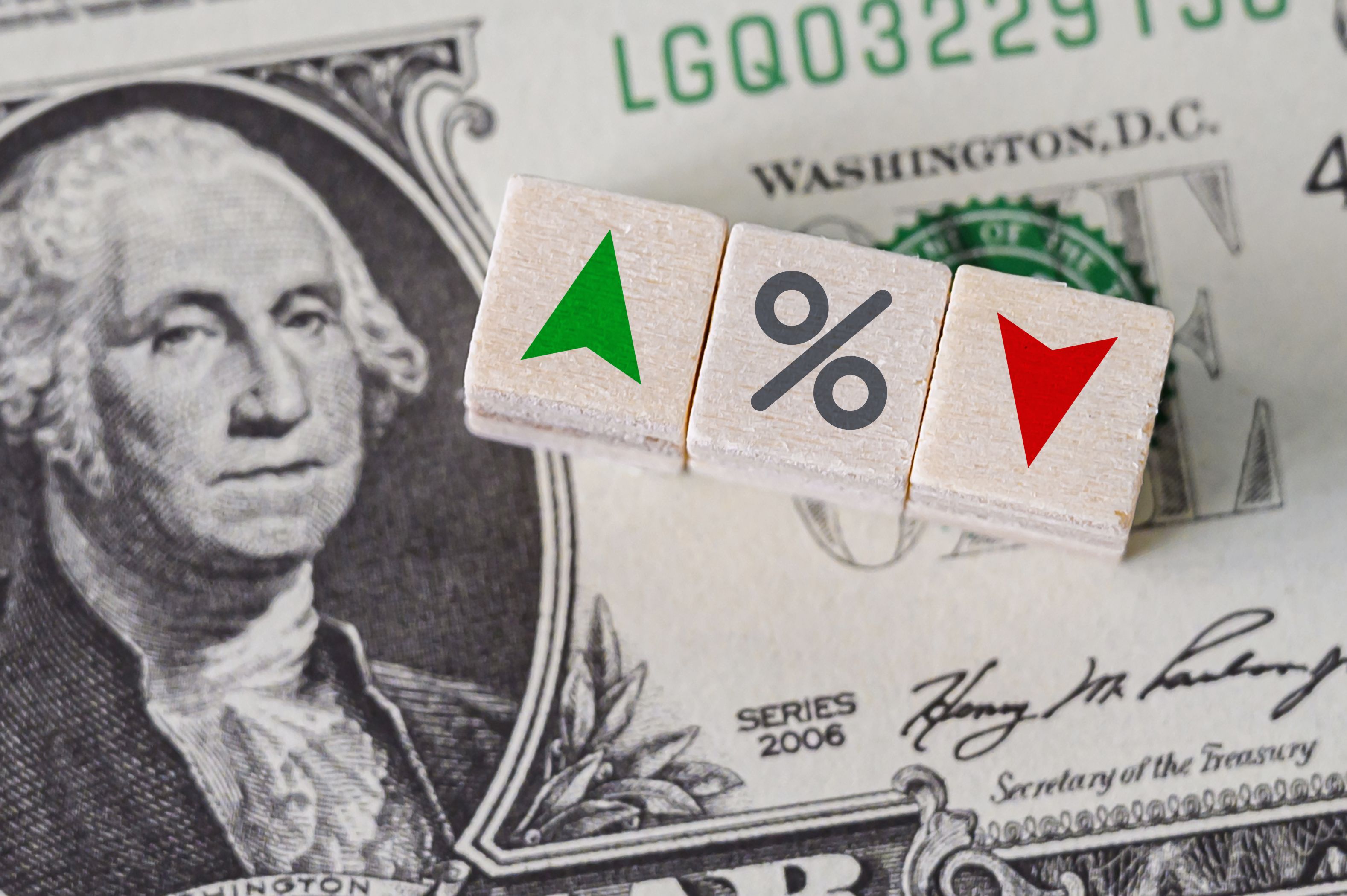 |
|
Global market volatility has picked up steam over the past month, fueled by rampant speculation over when the US Federal Reserve might raise rates, a sell-off in German Bunds and concerns about a Greek debt default. Investors who were left wondering about how and when to make the next profitable trade have been caught in the crossfire - trapped by their focus on short-term market events that have little bearing on their long-term results. Simply put, investors need to break free from trading on market momentum.
Investing effectively through market cycles takes the support of skilled active managers. Armed with deep research platforms and enough patience to let their good ideas play out, skilled active managers have perhaps the greatest capacity to win the war against an investor's most powerful enemy these days - market short-termism.
Consider the damage that a short-term focus can have on investor returns. The constant information flow and analyst earnings estimates can often trigger reactive investing. Incentives aimed at short-term performance don't always align with most investors' long-term objectives. A fascination with new products such as unconstrained bond funds, liquid alternatives and leveraged ETFs may also hit investors with risks or costs they're not expecting. In this increasingly short-term world, investors are hard-pressed to achieve long-term results.
Clearly, some active managers have more skill than others. A keen ability to exploit market inefficiencies, actively select securities and take risks intelligently are just some of the characteristics. These are the active managers who can potentially outperform through market cycles. But what to make of the common argument that skilled managers can't be distinguished from average?
It's entirely possible to spot a skilled active manager through certain behaviors. One is high conviction investing, demonstrated through a manager's low portfolio turnover and high active share (i.e. their portfolios are significantly different from their benchmarks). Skilled managers should also be able to add value in volatile markets, using sophisticated research to separate good companies from bad and finding good entry points for their investments. And, they're good team players -- sharing information and working collaboratively to develop multiple research views aimed at generating the best investment ideas for clients.
Patience pays off
Skilled active managers will turn their backs on short-term market "noise"-- even giving up some short-term performance to give their best investment ideas time to pan out. In fact, these managers use the market's short-termism to their advantage. By lengthening their time horizons, skilled active managers can find abundant investment prospects where there is greater return dispersion in a market-- the spread between the best and worst performing companies. Determined to hold the right companies for longer periods, these managers concentrate on meaningful investment signals that point to sustainable earnings growth in the medium to long term. This can drive strongly differentiated performance.
Does it work? Research shows that active managers with high active share and longer holding periods outperformed their benchmarks by nearly 2% over long time periods.
Convictions also play an important role when it comes to managing through market volatility. These days, markets are much more prone to instability, driven by more volatile liquidity dynamics, unsustainably high global debt and a continuous stream of geopolitical crises.
As challenging as it may be, volatility gives active managers the opportunity to shine. Skilled active managers aren't typically swayed by short-term market momentum. They tend to manage through volatility rather than reacting to it. In fact, skilled active managers might use volatility in the marketplace around headline events to buy selectively and find good value, even when others are feeling defensive. They're not investing in the moment, but rather through the market cycle.
Through active security selection embedded in their risk management process, skilled managers can also avoid companies and segments of the markets where they think risk is overpriced. For example, where many skilled active managers would avoid owning the 25 largest companies, which over the past 25 years have trailed the broader market by over 30% on a cumulative basis[1] [1], passive managers have no such flexibility.
The value of expertise
Ultimately, active skill relies on great research and highly effective decision making, both of which benefit from an integrated research platform and collaborative thinking. With so many companies operating globally today, skilled managers need boots on the ground -- analysts in local markets worldwide -- to understand the competitive landscape and forces that impact opportunities in different regions. But they also have to work together to vet their ideas and avoid individual biases. Teams are better at making complex investment decisions, and skilled active managers know that.
Over time, active management skill pays off. Across Morningstar's 10 largest asset categories, top-quartile active managers outperformed their benchmarks from 1990-2014. That skill is best exploited as a long-term proposition. Market short-termism will continue to stir up battles over which product will garner the most alpha under prevailing conditions. But for those with long-term objectives, skilled active management might be the better ally for winning the war.
Michael Roberge is co-CEO and CIO of MFS Investment Management
Links: ------ [1] http://www.theasset.com/file:///C:/Users/Sub%20Editor%2001/AppData/Local/Microsoft/Windows/Temporary%20Internet%20Files/Content.Outlook/F6I3CS75/active%20byline.docx#_ftn1









